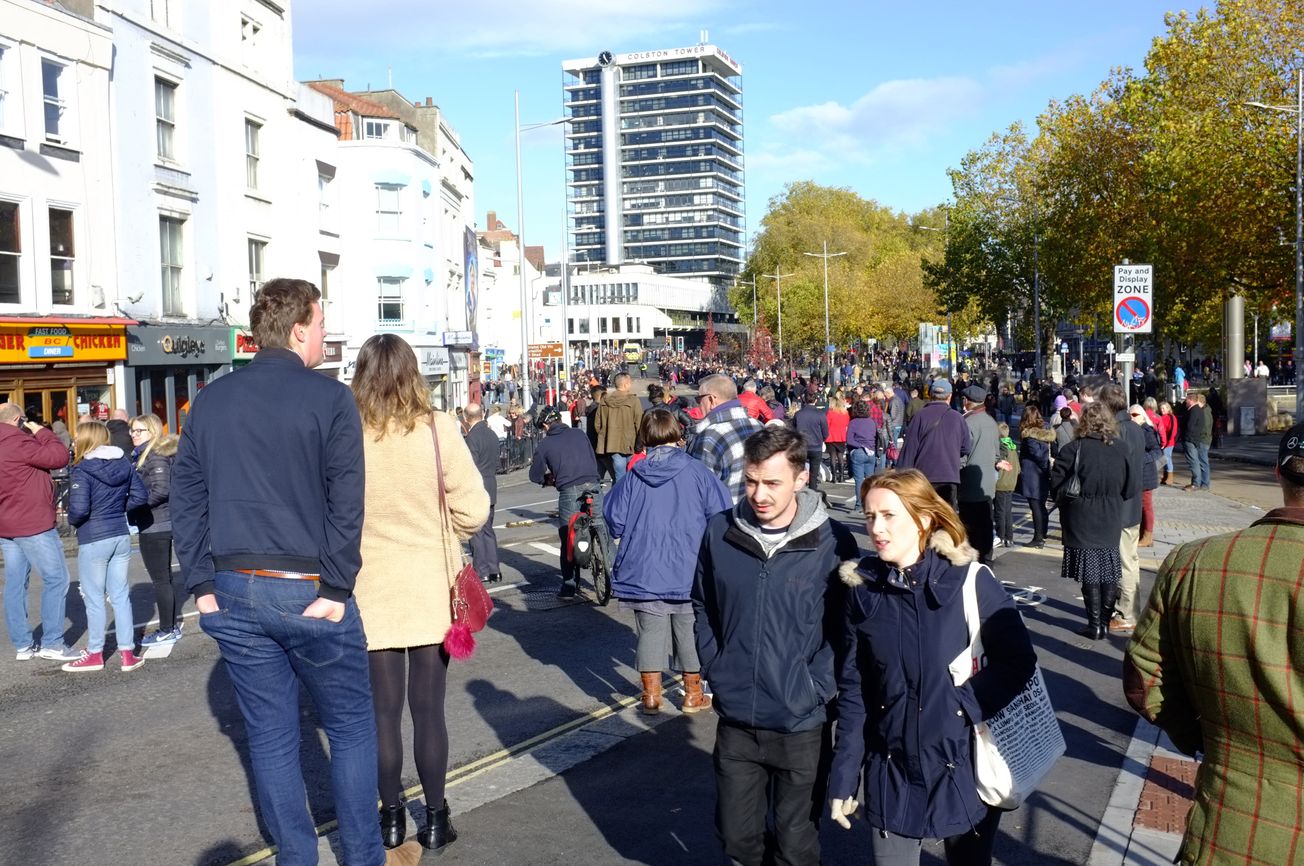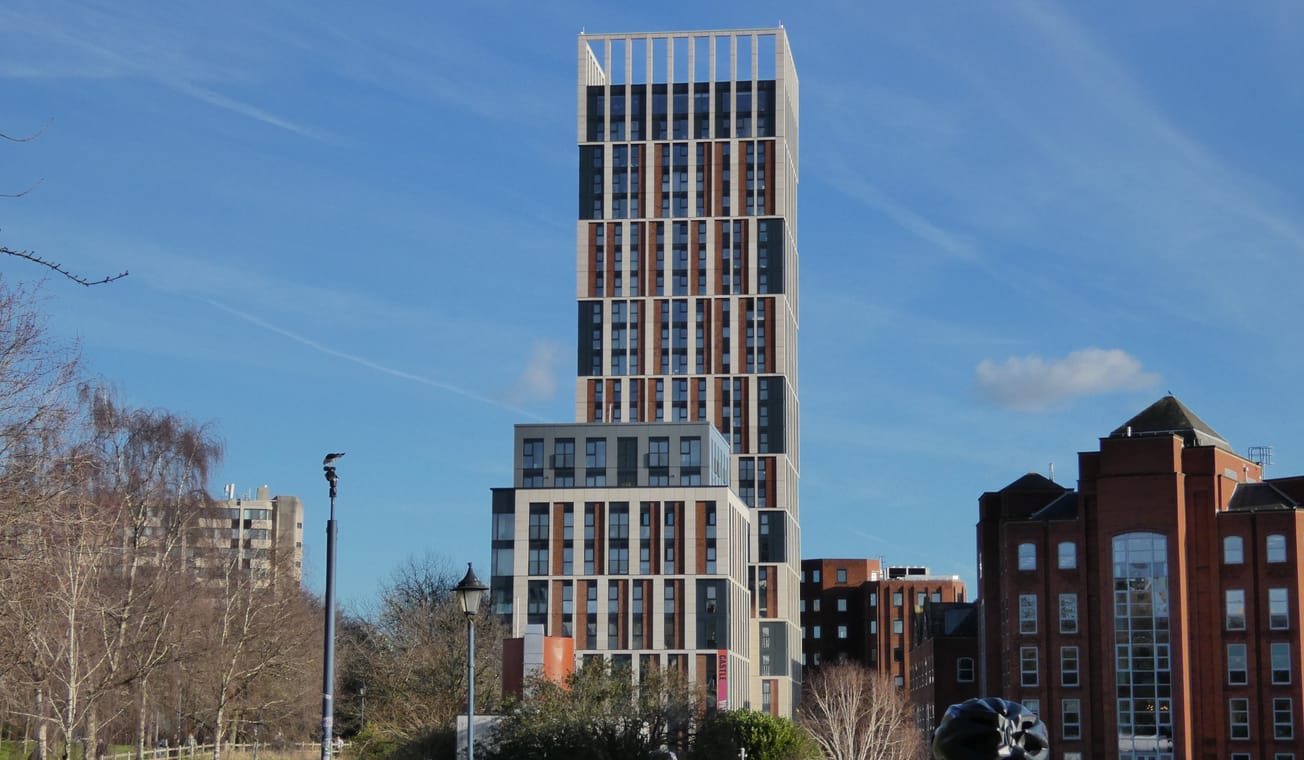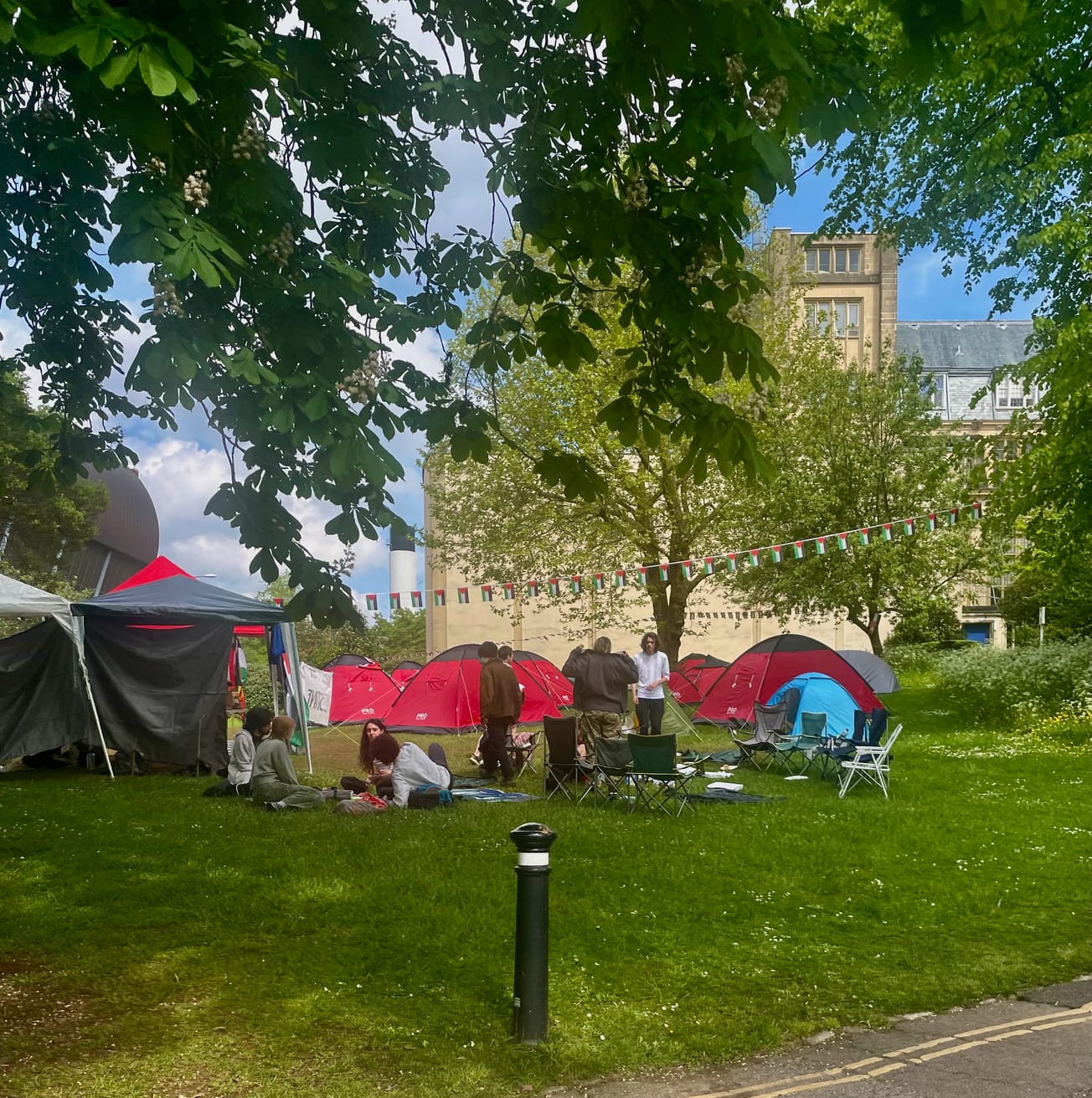By Georgiana Scott, Investigations Editor
The University led project has received £960,000 funding to identify causes of division and solutions to make Bristol a more inclusive city, including the student population.
Two years ago, amid the aftermath of Brexit, a handful of University of Bristol professors shared their concern over the social ramifications of the EU referendum in casual conversation.
Their frequent conversations became increasingly impassioned, with a consensus that a politically divided nation and the process of leaving the EU may encourage increased discriminatory and prejudiced behaviour.
They decided to take action.
Initially taking a local approach, they asked in what ways could Bristol as a city become a more unified community in light of the political decision?
These conversations were the catalyst that led to the creation of the ‘Everyday Integration Project’. Led by University of Bristol Sociology Professor Jon Fox, it aims to break down any barriers that prevent both minorities and majorities of Bristol from coming together, concomitantly battling exclusion and marginalisation.
#Bristol: an amazing place to live but a city that struggles with inequality and division 🧑🤝🧑👨👩👧
— Bristol University 🎓 (@BristolUni) June 27, 2019
Along with @BristolCouncil and 29 community partners, we're excited to announce a £960k project funded by @ESRC to improve integration across the city. https://t.co/SF6TVeuB8Y pic.twitter.com/ys4EoG4VhC
Partnered and collaborating with 30 community members, including Bristol City Council, Everyday Integration is one of a number of initiatives in the UK placing the spotlight on social cohesion.
In conversation with Jon, he spoke of how the project challenges the textbook definition of ‘integration’. He personally defined it as 'a set of already existing practised processes that happens in people’s daily lives already’.
'It’s not about fundamental British values, it’s not about people coming together, holding hands and singing songs - although that’s perfectly fine too. It’s about removing the barriers so that if people want to come together in that way or other ways then they are not prevented from doing so.'
'Students remind us that integration is not just the responsibility of ethnic minorities but it’s the responsibility of everyone.'
Jon Fox, Professor of Sociology, University of Bristol
The project will run over the next two years with two phases. The first includes finding evidence on how 'integration' works and what the obstacles are to it. Progress has already been made running workshops on what fuels division and segregation within the city. Through these, several impediments to social cohesion have already been identified, including the social consequences of job instability, insufficient transport links and manifesting insecurities and fears of being discriminated against.
Jon gave the example of the town ‘Lawrence Weston’, a 25-minute car drive from Bristol’s city centre. However, getting to the centre by bus takes over an hour. Its population struggles to connect with other parts of the city because of the unreliability of the buses and length of the journey, fostering unnecessary remoteness and isolation.
Aside from workshops the project is using other innovative approaches in data collection including GPS logs of citizens to observe their trajectories across the city and their interaction with public and non-public spaces, shadowing to note how people interact with others, and also looking at the less-visited parts of Bristol through interviews and rides with Uber drivers. Additionally, focus groups on Bristol buses and forums will also occur.
Great @BBCNews article about the way conversation on public transport can help people connect across different backgrounds. We recommended a 'Take Your Headphones Off Day' in our recent report, and its great to see more ideas here! #CrossingDivideshttps://t.co/vsjMGmNsRD
— Integration APPG (@IntegrationAPPG) June 12, 2019
The second phase of the plan, concentrates on finding solutions to the identified problem areas obstructing social integration. Eventually an ‘Integration Toolkit’ - a basic strategy for improving integration that can be applied to other cities will be developed. This is so that 'local approaches to integration can be shared, learned from, and adapted across multiple urban contexts.'
As the project encompasses all aspects of the city, Jon is eager to involve its student population, not just as participants, but potentially as researchers.
'(Students) are an interesting population, but in some ways a problematic one. Their indefinite status at Bristol, up on the hill, a part of Clifton and simply being detached from what is happening in the city.'
He described how some community partners aren’t too keen on the student population and that negative stereotypes associated with them continue to linger.
However, Jon clearly expressed: 'When thinking about integration we’re not trying to name and shame different populations for not being integrated. Students remind us that integration is not just the responsibility of ethnic minorities but it’s the responsibility of everyone.'
The Mayor of Bristol, Marvin Rees, is also enthusiastic about the uniqueness of the project and said: ‘We can develop a different approach to integration which gets to the heart of our challenges and helps us take practical steps towards our vision of Bristol as a city of hope where nobody is left behind.’
If you have any ideas on how to make Bristol a more integrated city please contact Jon Fox via jon.fox@bristol.ac.uk









